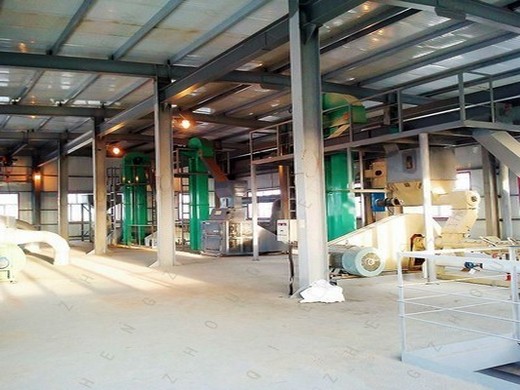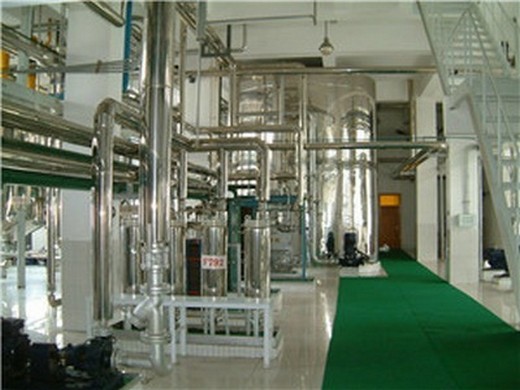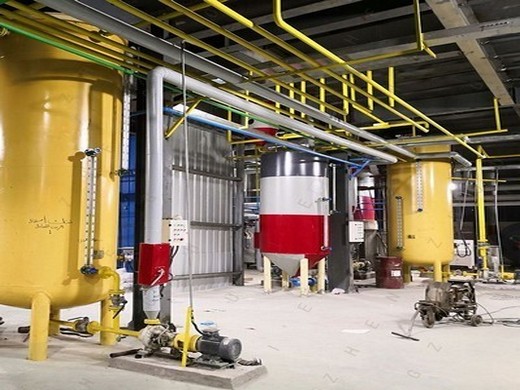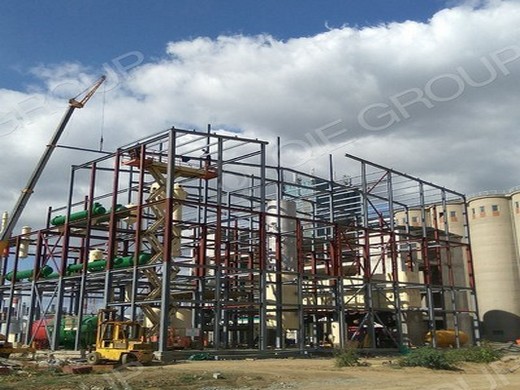Mustard oil
Mustard oil is popular as a cooking oil in northern India and Pakistan and the chief ingredient of cooking oils used in the Bengali cuisine of Eastern India and Bangladesh.In the second half of the 20th century the popularity of mustard oil diminished a bit in Northern India and Pakistan due to the availability of mass-produced vegetable oils.
In Pakistan, rapeseed-mustard is the second most important source of oil, after cotton. It is cultivated over an area of 307,000 hectares with annual production of 233,000 tonnes and contributes about 17% to the production of edible oil. Mustard seeds are a rich source of oil and protein. The seed has oil as high as 46-48%, and whole
Khokana
Khokana, a traditional and tiny Newari village about 8 kilometers south of Kathmandu (on the outskirts of Patan). Khokana is mainly known for the production of rich mustard oil since ancient time. It was also the first town in Nepal to be lit with electricity in 1911 AD
Brassica juncea, commonly brown mustard, Chinese mustard, Indian mustard, leaf mustard, Oriental mustard and vegetable mustard, is a species of mustard plant. One subvariety is southern giant curled mustard,which resembles a headless cabbage such as kale,but with a distinct horseradish or mustard
Childbirth in Nepal
This article provides a background on Nepal as a whole, with a focus on the nation's childbearing and birthing practices. While modern Western medicine has disseminated across the country to varying degrees, different regions in Nepal continue to practice obstetric and newborn care according to traditional beliefs, attitudes, and customs.
Thecho was once popular for Milk Curd but nowadays the major production of Thecho is Mustard Oil. The major religious and social attraction in Thecho includes Balkumari Temple: This shrine is located in Lachi Tole and is said to have been constructed in 913 NS . Bramhayeni Temple: It is the main temple of Thecho. The most
Chitwan District
The people inhabiting the Chitwan District are predominantly peasant farmers cultivating mainly food and cash crops such as rice, maize, wheat, beans, lentils, mustard and vegetables. The district is the major maize-producing area in Nepal, with an area under maize cultivation of
But the village’s traditional system of producing mustard oil is under threat. Until two decades ago, villagers operated eight traditional mustard oil mills, Maharjan says. Now, they operate only one. It is the only large-scale mustard oil mill that uses traditional methods to produce oil for sale in Nepal.
How to Start a Mustard Oil Mill Factory with Low Investment
Starting a mustard oil factory does not require any large oil operations; any person that fully understands the process and has the required equipment can start the business. Unlike other business that requires huge startup capital, you can do with little you have and start with a conventional structure by converting it into a milling oil production house.
Mustard oil is one of the traditionally valued vegetable oils especially due to its vast health benefits. The oil is extracted from pure mustard seeds and it is characterized by its strong smell and pungent taste.The oil is widely used in external body and hair revitalization and also in cooking especially in India and Bangladesh communities.




